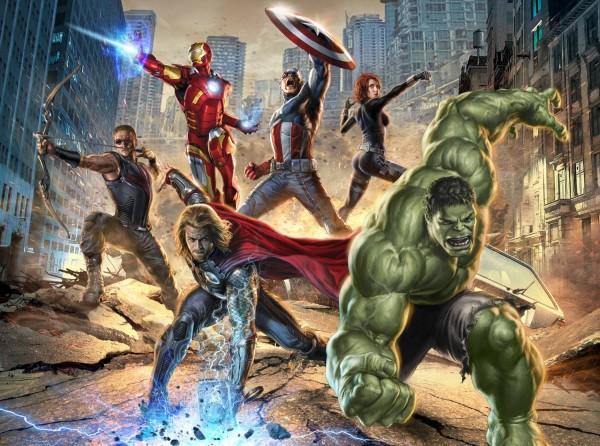As a woman who writes about the film industry, I oftentimes spout off about the abhorrent female characters that exist in films today. Those subjected to my lectures on the sexism and misogyny of these characters usually give me a sarcastic look and say, “Stop overreacting, women are written way better than, say, fifty years ago.” Then I roll my eyes and put my hands in the air, because people give me that response 80 percent of the time.
Unfortunately, roles for women are generally written badly and for many different reasons. The term “strong female character” haunts feminism blogs as a positive term for women who are interesting to watch. Others find it too simplistic an idea. What the “strong female character” really boils down to is a woman who has characteristics.
The problem with female characters is that they have distinct characteristics but no personality. When Meghan Fox promoted “Transformers” in 2007, she gave a good example of how women are seen in the film industry: “Both of the female characters in the movie were very strong characters. Rachel [Taylor]’s character is very intelligent. I thought that they were representing women very well.” In the film, Rachel Taylor’s character, Maggie, essentially has one characteristic, which is being smart. That’s all that a female character needs to be “strong”— having an element of a personality but nothing else whatsoever.
A couple decades ago, filmmakers realized their sexist representations of women made women angry and this led to an increase in “strong” women characters. They were given guns, began to curse more frequently and took up characteristics of “strong,” “intelligent,” and “feisty.” Instead of writing women as real people, they made them marketable, friendly and frazzled (especially in romantic comedies). As long as their boobs weren’t hanging out, women were now justifiably strong.
Even with these changes, women are still sexual objects in film. Look at any movie and it becomes clear that women are hypersexualized in comparison to men, who get to be the lead character, the comic foil and the action star. Women play the love interest or the romantic lead more than any other kind of character. Women have been more sexpot than superhero for more than 100 years of cinema, and that simply must change — for the benefit of all mediums.
What’s the next step for creating a new breed of female character? Write women who are real. Well-written female characters are not always “strong.” They can be vivacious, neurotic, timid or even vain and still be strong female characters. Women don’t often get the chance to be the hero, or even the awkward yet interesting foil. They’re placed in the background whenever a man takes the screen.
Take the superhero genre, which has not produced a female-driven vehicle since 2004’s “Catwoman.” You could argue that Black Widow from “The Avengers” is a strong female character, but she’s part of an ensemble, she wears sexualized, skin-tight black leather and she didn’t get her own film. Women are the damsels in distress and the trophies to be won by depressed heroes on a soul search. Wonder Woman has never visited the big screen and a recent 2011 TV pilot was never even considered for air.
One of my favorite feminist tests of film is the Bechdel Test, which tests whether a film has two named female characters who talk about something other than a man. In recent years many big films have failed the test, including “Harry Potter and the Deathly Hallows – Part 2” and “The Social Network.” The latter fails because there are only several female characters in the entire film, all romantically linked to the main male characters. The former fails because none of the female characters talk about anything except Harry.
The worst part of these ill-defined “strong” characters is that they are often pointed out as an anomaly in film. When a woman has qualities that counter normative ideas of femininity (or “un-feminine” traits), it’s seen as an alternative to reality. Women are all different people, with different social, ecomonic and personal backgrounds. We are not all the same. When feminism becomes the norm, women in film will no longer be defined by one “strong” characteristic, but rather by distinct, fleshed-out personalities — like real people.


